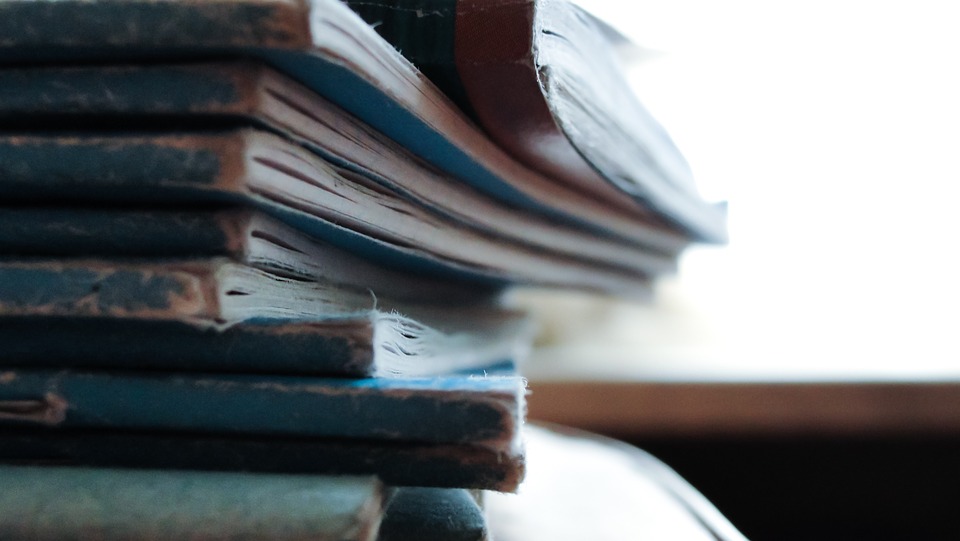The reading logs as a part of this class helped my learning by ensuring I was prepared for class discussions. The weekly logs also helped me stay up to date with the class material.
This is especially evident through my first reading log and my second reading log.
In my very first reading log of the semester, I focused heavily on the material from the textbook, and utilized what was written by Belshaw to develop a sufficient reading log around what it means to do history.
In my final reading log of the semester, I did not look to the textbook or any readings to develop my own personal ideas for the last reading log. By the end of the semester, it was generally more easy for me to look back on the material from class and reflect on what I had learned without much assistance.
Below are my first and last reading logs to compare and contrast.
Reading Log #1:
“In this first chapter, Belshaw discusses what components make up the Canadian past and how they are studied, including, different fields that work with history to gain more understanding on topics, and also various types of evidence and how they shape a historian’s view and influence their studies.
One of the arguments that Belshaw makes is that history is always subject to change. Certain ideologies, evidence, and sources can alter how history is studied. For instance, the liberal ideology and oral histories. Belshaw points out that our concerns in the present day can greatly affect how we choose to view the past. Convincingly, he discusses how various ideologies can shape a historian’s view on one particular issue in the past. The author uses Canada’s own history, focusing on the importance of the individual instead of groups of people. He begins to ask questions that focus on these groups such as “how does this affect collectivities like First Nations?” In this respect, Belshaw opens up the idea of history interpretations varying from group to group. A recounting of the same historical event from a First Nations individual, versus a European settler, would greatly differ.
This chapter’s arguments are certainly valid when it comes to the different ways history is studied and viewed and allows for a more open understanding to how history can be manipulated. Namely, how is it never certain a piece of evidence, like a diary, tells the honest story of a historical event. Overall, Belshaw’s arguments stand very strong, and effectively open the reader’s mind to different variables in the historiography, and how they shape and influence our studies.”
This reading log clearly reflects lots of material from Belshaw. While I was learning lots about what it means to do history, I wasn’t quite able to draw from my own ideas and perspectives without help from the textbook.
Reading Log #10:
“In HIST 1120, I was exposed to many new topics I had not previously considered. Several aspects of this course have allowed me to use historical methods and ideas in my everyday life. This includes applying the material from the class to other courses I am taking, as well as using other areas of study, such as anthropology to develop historical understanding. One of my favourite parts of this course was being able to connect historical events and experiences with local history to gain understanding of where we live. This course has allowed me to think historically in ways I did not in the past. In other history classes I have taken, quizzes and exams were heavily emphasized. In this class, it was helpful to apply what I had learned in other ways, such as reading logs each week and working on the eportfolio. I have learned that historical thinking must be applied in a way that one completely understands it, not just studying terms and memorizing information to receive a good grade. In applying my thinking in this way, it has definitely been harder to achieve the grades I want, yet I have learned more and have been more immersed in the course material. Starting with the document analysis and moving forward to the research project also improved the way that I write papers in general. Thinking historically in the way it was taught in this class allowed me to think through my resources more extensively, and understand the topics in way I found more difficult in the past. Overall, this class has taught me to think more critically about topics and has also taught me to apply my thinking to certain areas in school and in life to develop my understanding and I will continue to attempt to think the way that was outlined in this class in the future.”
This reading log is more of a reflection of my own learning than it is a reflection of something I read in a book or document.
More importantly..
I actually finished them!
As you can see, my understanding and beliefs towards how history should be done as a subject have altered drastically over the semester. But I realize now that there isn’t one perfect way to study history. As long as the right principles are applied (and applied well), such as using objectivity when studying documents, finding reliable sources, and discussing ideas among peers, understanding and new ideas regarding a subject will emerge almost effortlessly (or easier than they would have without these methods).
It takes a lot of practice to put forward the best possible work in a history class. There have been positive and negative experiences this semester with the work I put forward. I have still learned a lot despite this, especially from doing the reading logs every single week. Canadian history has become a subject I am more comfortably acquainted with because of my ability to apply these principles to my work.

